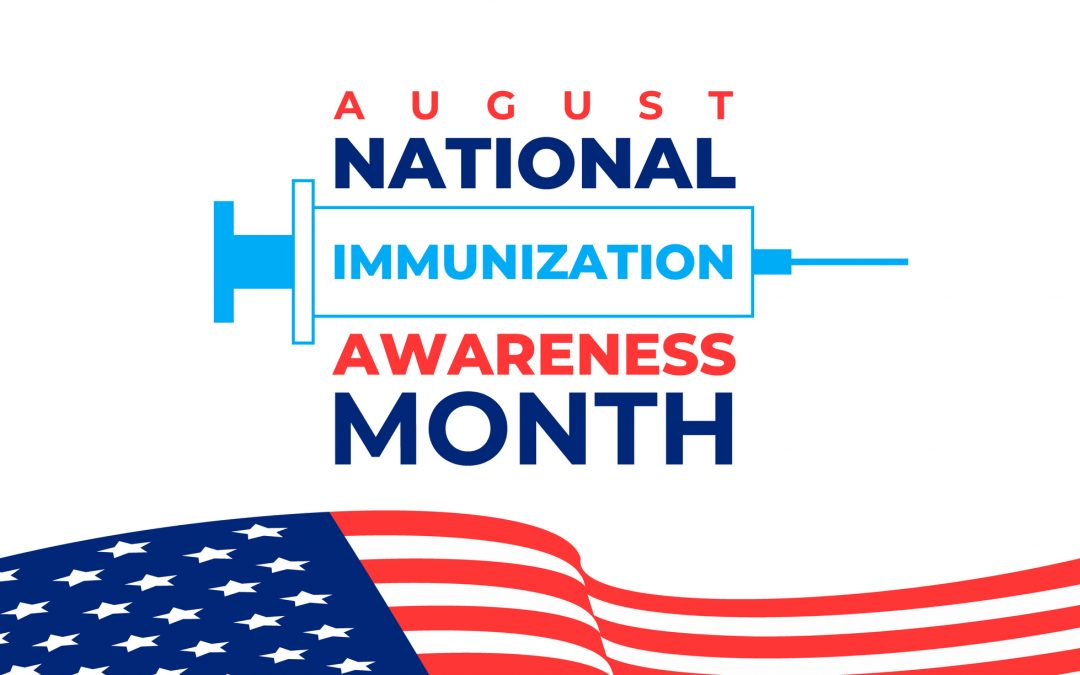National Immunization Program. August is in full swing and it’s back-to-school time. When August rolls in each year, one thing parents do is make sure their children have up-to-date immunizations that are requested by school systems before the academic year gets underway. That is part of the reason August is National Immunization Awareness Month.
National Immunization Awareness Month became an observance when the National Public Health Information Coalition (NPHIC) chose August as the month to highlight vaccinations and immunizations, in an effort to present information about them for people to review and assess for informed decision-making about their use. The Centers for Disease Control (CDC) backs the annual observance and provides the public with extensive information regarding vaccines and immunizations; it works with the FDA to study and monitor the different vaccines currently available and to develop new ones as needed. The World Health Organization (WHO) also supports National Immunization Awareness Month, taking a pro-vaccination and immunization stance as well. The international medical community has endorsed the use of vaccines and immunizations for protection against preventable infectious diseases from chicken pox to the flu, from pertussis to polio, from measles and mumps to meningitis, and many others.
The main point of National Immunization Awareness Month is to increase knowledge and understanding of vaccines and immunizations amongst the general public— “awareness” is the key word. So, it is also necessary to explore reasons behind the choice that many people make to not vaccinate. There are many motivations for why some people choose to delay or completely refuse immunizations, from religious or philosophical reasons, to safety concerns and honest due diligence related to effects and impacts of vaccines on a person’s overall health and wellness (e.g. side effects). Many people believe that developing natural immunity without vaccines is the better risk to take. (While there are no federal laws requiring immunizations, all 50 states have some laws on the books related to school access because they want a higher level of “herd immunity” or immunity of the people in a given community or group; herd immunity via immunizations effectively decreases the possibility of disease spread among students in schools in a controlled way. It is also important to note that all 50 states also allow medical exemptions for people who are immunocompromised or allergic to one or more components used in vaccines.)
Even though most children are not heading back to school in the traditional sense this year, as schools engage in remote/virtual learning, it is still important to consider vaccines and immunizations and how they might fit into your family’s overall health and wellness plan. Doing research to learn as much as possible before making the choice to vaccinate or not vaccinate is key. Reading and speaking to healthcare professionals are the way to begin down the path of making an informed decision for you and your loved ones.
National Immunization Program. Quick Claimers Medical Billing is a professional medical coding and billing company based in El Paso, Texas. The team of coding and billing specialists at Quick Claimers will organize and process claims for health care services provided, including immunizations, to ensure healthcare providers are paid by patients and reimbursed by insurance companies for performing those services. Contact Quick Claimers Medical Billing to assist you with your coding and billing needs.

